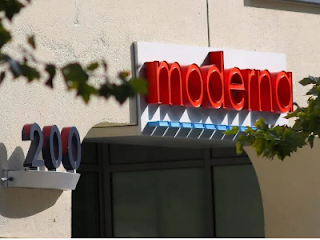-AstraZeneca and the University of Oxford delivered fundamental consequences of its COVID-19 antibody preliminary.
- AstraZeneca/Oxford is the third group to deliver promising COVID-19 antibody results this month.
- AstraZeneca's normal antibody viability is over the 50% adequacy bar set by the Food and Drug Administration for COVID-19 immunizations.
An exploratory COVID-19 antibody created by AstraZeneca and the University of Oxford has indicated a normal viability of 70%, as per early outcomes from their stage 3 clinical preliminary delivered on Monday.
The outcomes depend on two continuous preliminaries — one in the United Kingdom and the other in Brazil — including in excess of 11,000 individuals. The preliminaries utilized varying dosing techniques and saw various results.
In the U.K. preliminary, study volunteers got a half portion of the immunization followed by a full portion in any event multi month later. The viability was 90%.
Members in the Brazil preliminary got two full portions at any rate multi month separated, with an adequacy of 62 percent.
AstraZeneca/Oxford is the third group to deliver promising outcomes this month. The Moderna/NIAID immunization demonstrated an adequacy of 94.5 percent, in view of early outcomes. The Pfizer/BioNTech immunization had a viability of 95 percent, as per a last examination.
Subtleties of every one of the three preliminaries are restricted, and none of the outcomes have been peer-looked into, so they should be seen with some alert.
However, the most recent news opens up the likelihood that at any rate three immunizations will be endorsed for use in the United States and different nations.
The AstraZeneca immunization might be especially valuable in containing the COVID-19 pandemic in low-and center pay nations since it's less expensive and simpler to store and ship than Moderna's and Pfizer's.

No comments:
Post a Comment